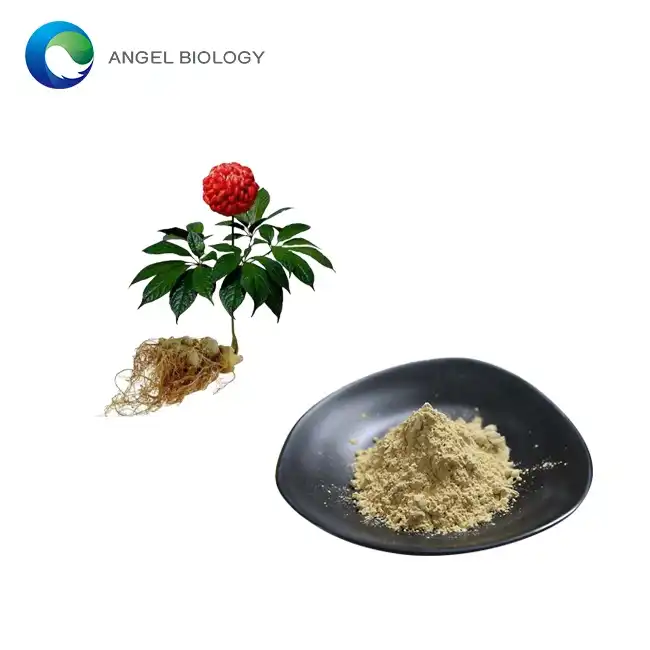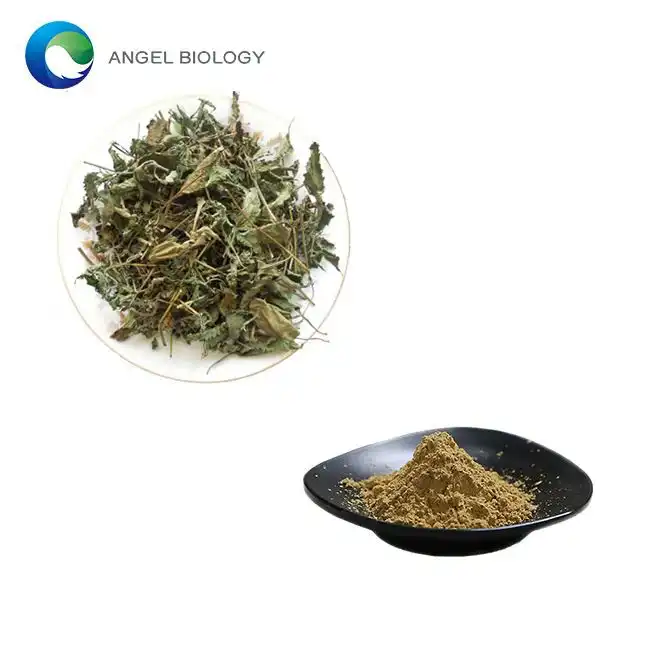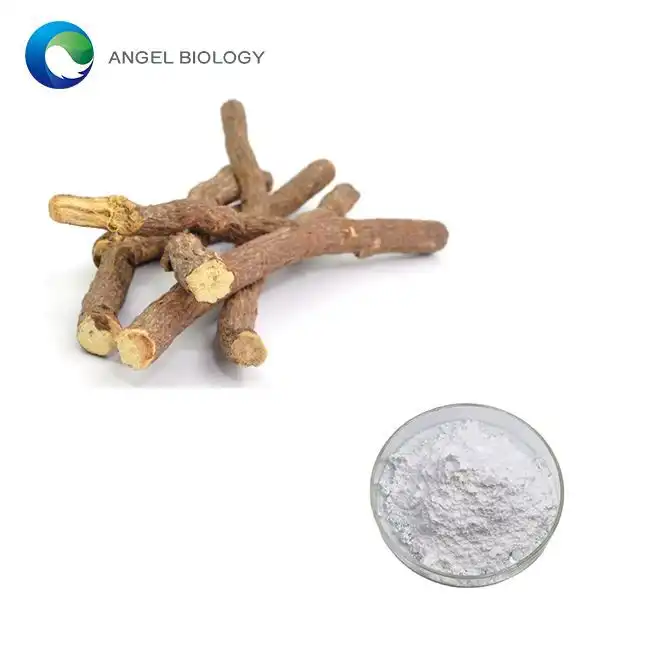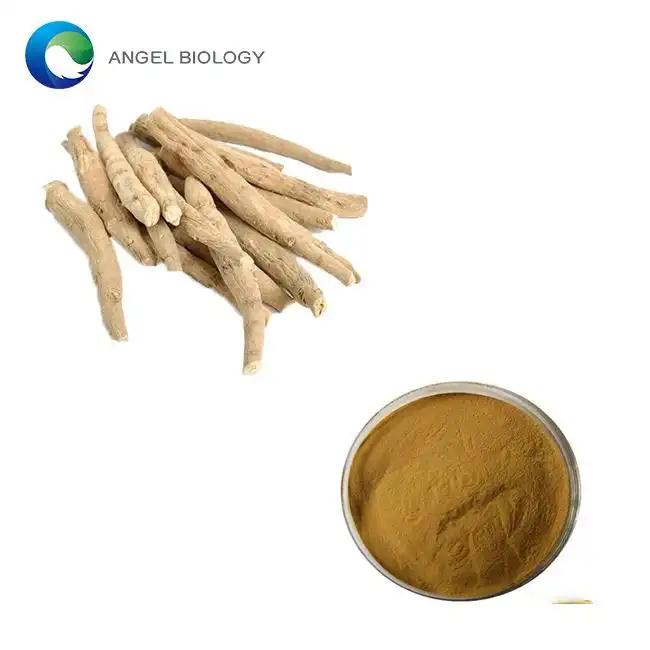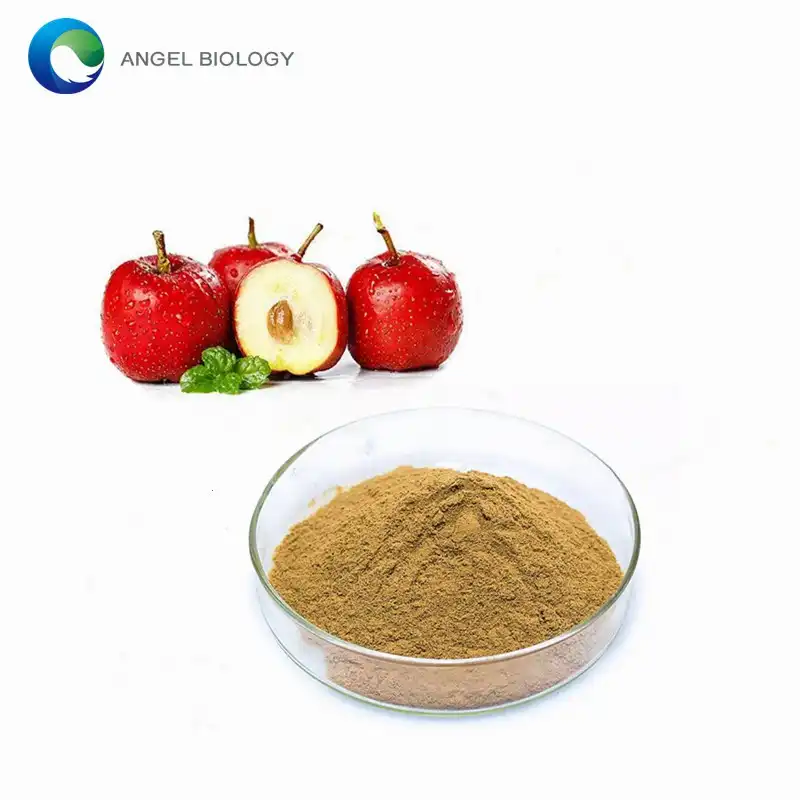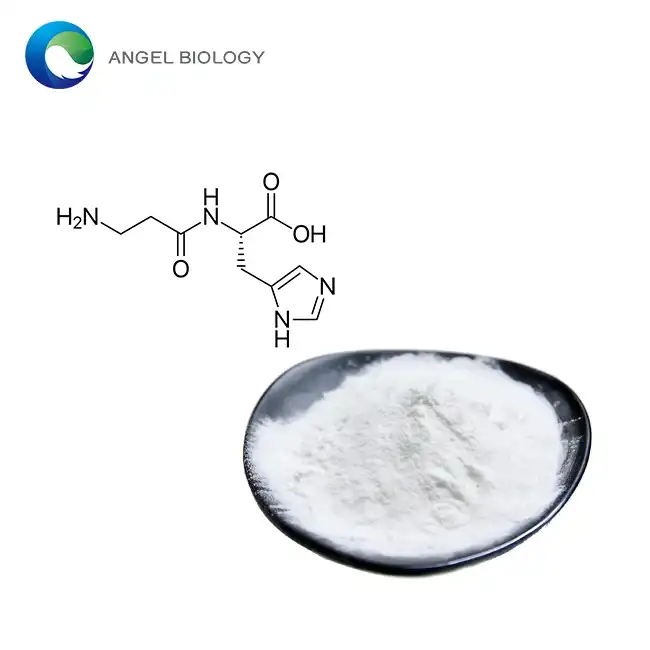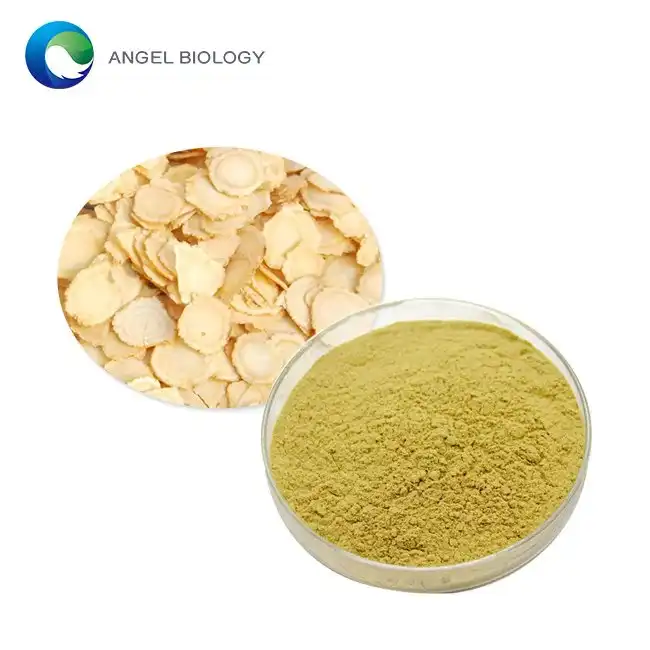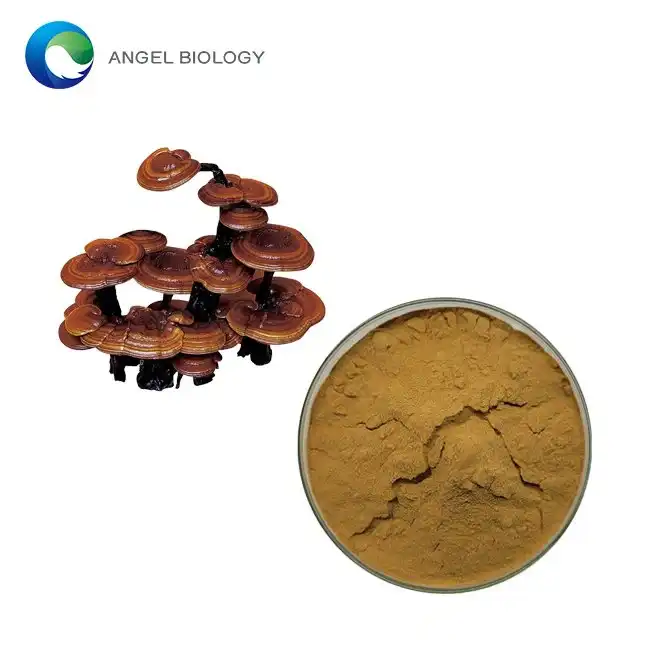How Does Arnica Extract Help With Post-Surgery Recovery?
Arnica extract, derived from the vibrant yellow flowering plant Arnica montana, has been treasured for centuries as a natural remedy for various ailments. Its popularity has surged in recent years, particularly for post-surgical recovery. This herbal extract contains powerful compounds like helenalin, dihydrohelenalin, and flavonoids that contribute to its therapeutic properties. Today, healthcare professionals and patients alike are increasingly turning to Arnica extract as a complementary approach to conventional post-surgery care. This article explores the various ways Arnica extract supports healing and recovery after surgical procedures, examining both traditional applications and modern scientific evidence.
What makes Arnica extract effective for reducing post-surgical bruising?
The science behind Arnica's anti-bruising properties
Arnica extract works through several mechanisms to reduce post-surgical bruising. The active compounds in Arnica extract, primarily sesquiterpene lactones like helenalin, help prevent or reduce bruising by modulating the inflammatory response. When tissue is damaged during surgery, blood vessels leak into surrounding tissues, causing the characteristic discoloration of bruises. Arnica extract helps strengthen blood vessel walls and prevents this leakage, resulting in less noticeable bruising. Additionally, research indicates that Arnica extract inhibits the activity of pro-inflammatory cytokines and nuclear factor-kappa B (NF-κB), which are key mediators in the inflammatory cascade. This modulation helps control inflammation at the molecular level, preventing excessive bruising and supporting faster resolution of existing bruises. The flavonoids present in Arnica extract also contribute to its anti-bruising effects by enhancing microcirculation and promoting faster removal of trapped blood and fluid from bruised tissues.
Clinical evidence supporting Arnica's effectiveness on bruising
Several clinical studies have investigated the efficacy of Arnica extract in reducing post-surgical bruising. A randomized, double-blind study published in the Archives of Facial Plastic Surgery found that patients who received Arnica extract after rhinoplasty showed significantly less bruising compared to those who received placebo. The evaluation, which used objective photographic assessments, confirmed that Arnica extract accelerated the resolution of bruising by approximately 20%. Another study involving 29 patients undergoing facelift surgery demonstrated that those using Arnica extract experienced less extensive bruising compared to the control group. The researchers noted that the bruises in the Arnica extract group not only covered smaller areas but also showed faster color transition from dark purple to yellow, indicating accelerated healing. These findings are particularly relevant for facial surgeries where visible bruising can be psychologically distressing and socially limiting for patients. Systematic reviews of multiple clinical trials have consistently reported modest to significant benefits of Arnica extract for post-surgical bruising, leading many plastic surgeons to recommend it as part of post-operative care protocols.
Optimal formulations and dosages for bruise prevention
The effectiveness of Arnica extract depends significantly on the formulation and dosage used. Topical applications of Arnica extract in the form of creams, gels, and ointments typically contain concentrations ranging from 5% to 25% and are applied to affected areas 2-3 times daily, avoiding open wounds or broken skin. For optimal results, application should begin immediately after surgery or as soon as bandages are removed. Oral formulations of Arnica extract are available as homeopathic preparations ranging from 6C to 30C potencies. Many surgeons recommend starting oral Arnica extract 1-2 days before surgery and continuing for 5-7 days post-operation. The combined approach of both topical and oral Arnica extract often yields the best results for bruise prevention and treatment. Quality matters significantly when choosing Arnica extract products; standardized extracts containing consistent levels of active compounds deliver more predictable benefits. Patients should select products from reputable manufacturers that specify the concentration of active ingredients and follow established standards for botanical medicines to ensure they receive genuine Arnica extract with therapeutic potency.


How can Arnica extract alleviate post-operative swelling and inflammation?
Arnica's anti-inflammatory mechanisms
Arnica extract contains sesquiterpene lactones that inhibit pro-inflammatory pathways in the body, making it an effective natural anti-inflammatory agent. These compounds, particularly helenalin and dihydrohelenalin, inhibit the activation of nuclear factor-kappa B (NF-κB), a protein complex that plays a crucial role in regulating the inflammatory response. By suppressing NF-κB activity, Arnica extract reduces the production of inflammatory cytokines and enzymes like cyclooxygenase-2 (COX-2), which are responsible for pain and swelling. Research published in the Journal of Clinical Pharmacy and Therapeutics demonstrated that Arnica extract significantly reduced inflammatory markers in laboratory studies, confirming its anti-inflammatory potential. Additionally, the flavonoids and phenolic acids present in Arnica extract contribute to its anti-inflammatory effects by neutralizing free radicals and reducing oxidative stress at the surgical site. These antioxidant properties help protect surrounding healthy tissues from damage and support faster resolution of inflammatory processes, thereby reducing the duration and intensity of post-operative swelling experienced by patients.
Comparative benefits over conventional anti-inflammatory medications
While conventional non-steroidal anti-inflammatory drugs (NSAIDs) remain the standard treatment for post-operative swelling, Arnica extract offers several advantages. Unlike NSAIDs, which can cause gastrointestinal irritation, renal complications, and increased bleeding risk, Arnica extract typically produces fewer systemic side effects when used appropriately. This makes it particularly valuable for patients with contraindications to conventional anti-inflammatory medications or those seeking to minimize their use of pharmaceutical drugs. A comparative study involving 88 patients undergoing arthroscopic knee surgery found that those using Arnica extract experienced comparable reductions in swelling to those using diclofenac (a common NSAID), but reported fewer adverse effects. Additionally, Arnica extract can be used complementarily with conventional treatments, potentially allowing for reduced dosages of NSAIDs while still achieving adequate pain and swelling control.
Practical applications for different types of surgical procedures
The anti-inflammatory properties of Arnica extract make it beneficial across various surgical contexts, though its application methods may vary depending on the procedure. For orthopedic surgeries like joint replacements or arthroscopy, topical Arnica extract can be applied around (but not directly on) the incision site once it has closed properly, while oral preparations can be taken throughout the recovery period to address deeper tissue inflammation. In plastic and cosmetic procedures, where minimizing visible swelling is particularly important, Arnica extract is often recommended both pre and post-operatively. Surgeons frequently advise patients undergoing rhinoplasty, blepharoplasty, or facelift procedures to begin oral Arnica extract several days before surgery and continue for up to two weeks afterward, complemented by careful application of topical preparations to the periphery of the surgical site. For dental surgeries, including wisdom tooth extraction and dental implants, Arnica extract has shown promise in reducing the characteristic facial swelling that often follows these procedures.
What role does Arnica extract play in pain management after surgery?
Analgesic properties of Arnica extract
The pain-relieving capabilities of Arnica extract stem from its complex phytochemical composition, which includes sesquiterpene lactones, flavonoids, and essential oils. These compounds work synergistically to provide analgesic effects through multiple pathways. Research suggests that Arnica extract modulates pain perception by inhibiting the release of inflammatory mediators like prostaglandins and leukotrienes, which sensitize nerve endings at the surgical site. A 2016 laboratory study published in the Journal of Ethnopharmacology demonstrated that Arnica extract components bind to certain receptors in the central nervous system, potentially explaining its ability to reduce pain sensation beyond just its anti-inflammatory effects. Additionally, Arnica extract improves local circulation around the surgical site, helping to remove pain-inducing metabolites and bring fresh oxygen and nutrients to healing tissues. Patients using Arnica extract often report not only decreased pain intensity but also changes in pain quality, describing less sharp or throbbing pain compared to their experiences without Arnica extract.
Patient experiences and satisfaction with Arnica-based pain relief
Surveys and clinical studies have consistently shown high satisfaction rates among patients using Arnica extract for post-surgical pain management. A patient satisfaction study involving 120 individuals recovering from various elective surgeries found that 78% of those using Arnica extract rated their pain control as "good" or "excellent" compared to 64% in the standard-care group. Many patients appreciate Arnica extract as a natural complement to their prescribed pain medications, often reporting that it allows them to reduce their use of opioid analgesics. Qualitative interviews with post-operative patients revealed that those using Arnica extract frequently experienced better sleep quality during recovery, likely due to extended pain relief without the grogginess associated with many conventional pain medications.
Integration with conventional pain management protocols
Modern integrative medicine approaches increasingly incorporate Arnica extract into multimodal pain management strategies following surgery. The most effective protocols typically combine Arnica extract with conventional analgesics in a coordinated manner rather than using it as a standalone treatment. For minor to moderate surgeries, Arnica extract can complement standard acetaminophen or NSAIDs, potentially allowing for lower doses of these medications while maintaining adequate pain control. In the case of major surgeries requiring opioid pain management, Arnica extract may serve as a valuable adjunct during the transition off opioids, helping to manage breakthrough pain and supporting a smoother tapering process. Progressive surgical centers have developed specific protocols that include both oral and topical Arnica extract at different stages of recovery, with adjustments based on individual patient response and the type of procedure performed.
Conclusion
Arnica extract offers significant benefits for post-surgery recovery through its anti-bruising, anti-inflammatory, and analgesic properties. Research and clinical experience demonstrate its effectiveness in reducing bruising, swelling, and pain following various surgical procedures. When properly integrated into recovery protocols, Arnica extract can enhance healing outcomes and improve patient comfort. As interest in natural recovery aids grows, Arnica extract continues to gain recognition as a valuable complement to conventional post-surgical care.
Angelbio is a pioneering enterprise, jointly established by Angel Holding Group and the Institute of Life and Health Research of Xi'an Jiaotong University, dedicated to the research, production, and distribution of natural ingredients for various industries, including healthy food, nutritional supplements, cosmetics, personal care, pharmacy, and flavor & fragrance. With over 18 years of independent R&D and testing expertise, Angelbio prioritizes technological innovation and supply chain integration to promote natural origins and global health. Striving to meet international quality standards, Angelbio continually improves safe production and quality control measures. Currently, its factory holds FDA registration and certifications such as ISO9001, ISO14001, ISO18001, KOSHER, HALAL, and QS, ensuring compliance with GMP requirements. Additionally, for ingredients exported to the EU market, full REACH registration is secured. Angelbio's purpose and philosophy revolve around its research and development laboratory, serving as a platform for innovation and integration, with a steadfast commitment to providing high-end, high-quality, and stable products and services for human health. As a leading Arnica Extract manufacturer in China, Angelbio's products are trusted and praised by customers. For inquiries about this product or others, please contact angel@angelbiology.com for dedicated service. These represent Angelbio's corporate advantages.
References
1. Iannitti T, Morales-Medina JC, Bellavite P, Rottigni V, Palmieri B. Effectiveness and Safety of Arnica montana in Post-Surgical Setting, Pain and Inflammation. American Journal of Therapeutics. 2016;23(1):e184-e197.
2. Widrig R, Suter A, Saller R, Melzer J. Choosing between NSAID and arnica for topical treatment of hand osteoarthritis in a randomised, double-blind study. Rheumatology International. 2007;27(6):585-591.
3. Chaiet SR, Marcus BC. Perioperative Arnica montana for Reduction of Ecchymosis in Rhinoplasty Surgery. Annals of Plastic Surgery. 2016;76(5):477-482.
4. Karow JH, Abt HP, Fröhling M, Ackermann H. Efficacy of Arnica montana D4 for healing of wounds after Hallux valgus surgery compared to diclofenac. Journal of Alternative and Complementary Medicine. 2008;14(1):17-25.
5. Brinkhaus B, Wilkens JM, Lüdtke R, Hunger J, Witt CM, Willich SN. Homeopathic arnica therapy in patients receiving knee surgery: results of three randomised double-blind trials. Complementary Therapies in Medicine. 2006;14(4):237-246.
6. Leu S, Havey J, White LE, et al. Accelerated resolution of laser-induced bruising with topical 20% arnica: a rater-blinded randomized controlled trial. British Journal of Dermatology. 2010;163(3):557-563.



